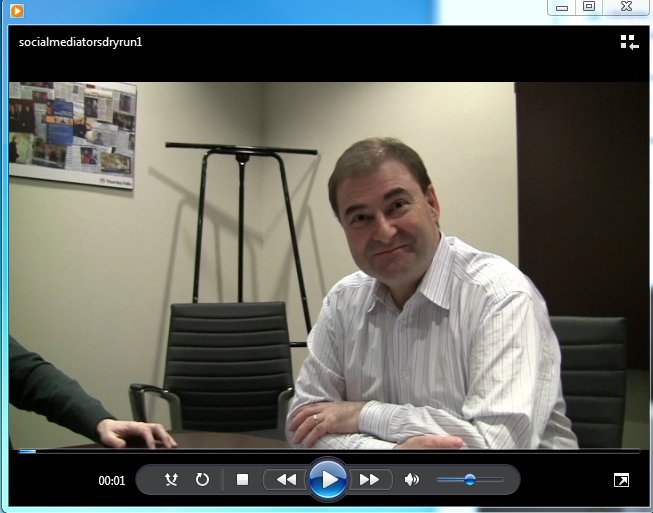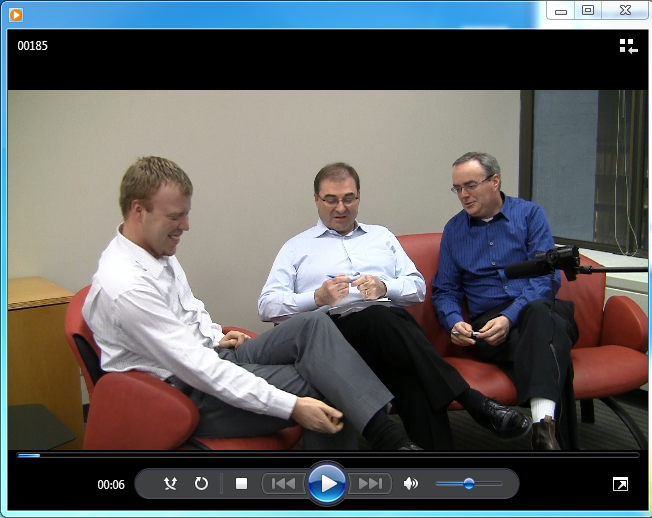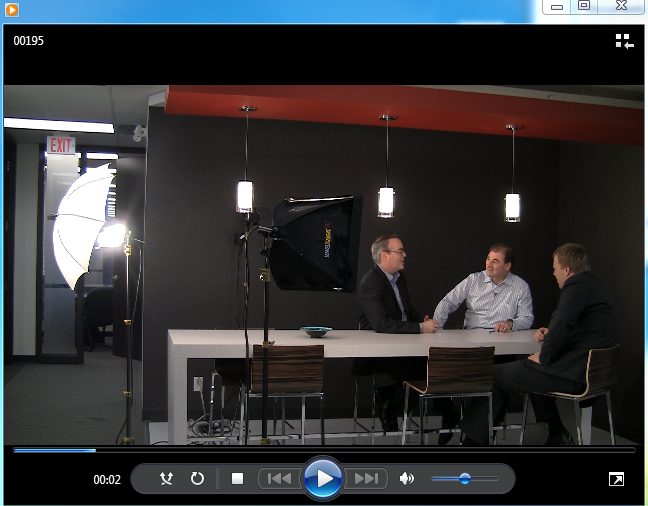Last week, Jeremy Wright joined our team at Thornley Fallis & 76 design. Since then, several friends have asked me how we were able to attract Jeremy to join a public relations agency.
It’s the new PR.
For several years, we have been moving Thornley Fallis beyond old style public relations to understand and participate in the new communications, communities, and social relationships that universal search, social media and ubiquitous online access have made possible.
 This new public relations is grounded in anthropology, sociology, and technology.
This new public relations is grounded in anthropology, sociology, and technology.
The new public relations is about understanding relationships between people, what people want and need from these relationships, and how they form, sustain, and use communities of interest.
We don’t see people as target audiences. We see people through the lense of communities. And we participate in those communities. We earn our place by understanding the dynamics of the communities and adding value. We add value by helping those communities to function better and by contributing unique and new content to the conversation.
We still draw on our ability to write clearly, an understanding of what people are interested in, and a knowledge of traditional media and how they work. (They haven’t turned off the lights at traditional media yet – and I don’t think they will in my lifetime.)
However, these traditional skills now must be supplemented by other expertise. An understanding of community formation. What makes people seek out one another? What makes a community grow? What makes it die? What is the impact of the removal of barriers to collective action online? How far can we push social media’s ability to transcend the limitations of geographic proximity and bring people together in one conversation, regardless of where they are in the world? What of the new online intimacy? How do we revise our notions of privacy in this era? How do we help people satisfy their desire to extend their online relationships with real world relationships?
Public relations practitioners must also know how to create the new meeting places. As the ties that bind us to traditional media break down, people find new ways to discover the information they need and to share it with others. The combination of search with social software provides us all with the power to do this. But some solutions are better than others. The new public relations practitioner must know what makes a social platform work and how to improve on what is already there.
Measurement is essential to understand what is going on and the impact of what we do. Old yardsticks are inadequate to gauge the new dynamics. GRP’s, impressions, reach – these are the metrics of a bygone era. We must develop and apply new metrics for engagement, momentum, influence and the growth, depth and characteristics of our social graphs.
New possibilities, new tools, new channels. All call for new people with new expertise.
The new public relations agency is a hybrid that draws on new areas of expertise and skill sets. We’ve been trying to create this kind of agency at Thornley Fallis and 76 design. More than anything, I think it’s the thrill of participating in that innovation and invention that brought Jeremy Wright to us.
Of course,we’re not the only firm doing this. We know that several other firms are heading down this route. Firms like Shift, Voce, Edelman.
Bottom line: For those who think of public relations as they might have even five years ago, please take another look. You’ll find something quite different under the hood at the thought- leading public relations firms.
This isn’t your parents’ public relations.
 When we participate in social media – whether posting or commenting – we are leaving digital footprints. And as people follow those footprints, they assemble a picture in their minds of the person who left those footprints – what we are interested in, our thoughts and opinions, the way we communicate and interact with other people. These factors and many more can be assembled to paint a portrait of each of us. In effect, they amount to our personal brand.
When we participate in social media – whether posting or commenting – we are leaving digital footprints. And as people follow those footprints, they assemble a picture in their minds of the person who left those footprints – what we are interested in, our thoughts and opinions, the way we communicate and interact with other people. These factors and many more can be assembled to paint a portrait of each of us. In effect, they amount to our personal brand.







 Julien
Julien Julien will appear at Third Tuesday Ottawa on November 30 and Third Tuesday Toronto on December 1. He’ll then do a pair of appearances at Third Tuesday Calgary on January 18 and Third Tuesday Vancouver on January 19.
Julien will appear at Third Tuesday Ottawa on November 30 and Third Tuesday Toronto on December 1. He’ll then do a pair of appearances at Third Tuesday Calgary on January 18 and Third Tuesday Vancouver on January 19. Where do you look for advice when you are considering whether to buy a product or service? If you’re like me, you’ll probably search for customer reviews on specialty Websites or, event better, you’ll reach out to your online friends to find out who has experience with the product or service and what they think of it.
Where do you look for advice when you are considering whether to buy a product or service? If you’re like me, you’ll probably search for customer reviews on specialty Websites or, event better, you’ll reach out to your online friends to find out who has experience with the product or service and what they think of it.